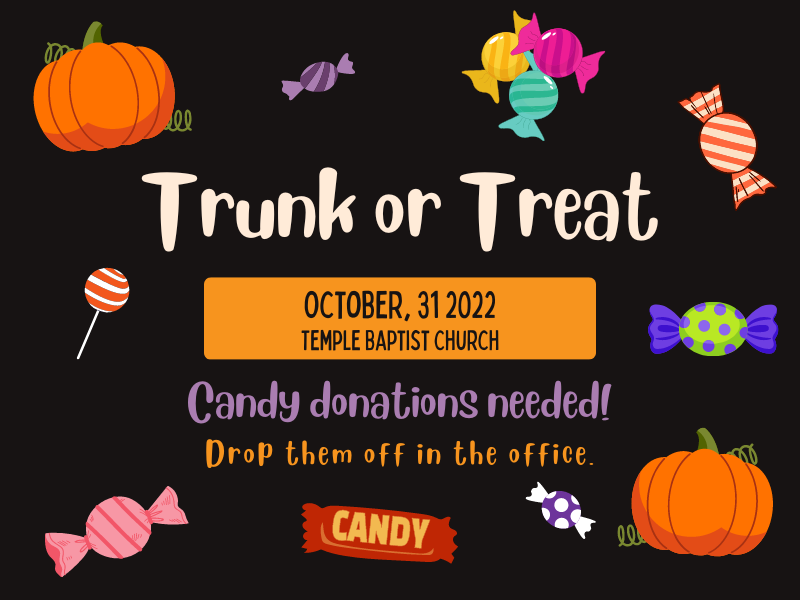
When you take inventory of your daily life, how would you describe your state of being? Are you easy going, or do you tend to be high-strung? Does life feel like a gift each day, or a duty to be upheld? Do you see beauty in the mundane, or are you constantly distracted from blessings by a never-ending to-do list? I often find myself identifying as overwhelmed. There are too many tasks to be completed, too many people to communicate with, too many books I should read, too many invitations that feel like obligations. You’re running this race as fast and as hard as you can, and it seems like the second you are able to catch your breath, the next gun goes off. We spend so much time and energy constantly juggling that we rarely give ourselves the opportunity to enjoy.
When we find the Israelites in Exodus 16, they have been running hard and fast, literally and figuratively. They endured slavery at the hands of the Egyptians for many generations. They waited patiently through ten plagues as God worked his plan of redemption. When they finally left Egypt, they were pursued by Pharoah, and miraculously crossed the Red Sea. God was faithful to take them out of their captivity, but it was likely neither easy nor pleasant. I imagine all that they lived through left them tired; we also know they were hungry and thirsty, as scripture tells us specifically so.
I’ve heard jokes that the Israelites complain too much–and to be fair, the book of Exodus includes many references to the grumblings and groanings of Israel. They are, after all, simply sinful humans like any other people group. In chapter 16 of Exodus, we hear the people grumble that they are without food; they are so hungry that they would rather have been killed by the hand of God in Egypt than to be hungry in the wilderness (v. 2-3). Oh, how often have you and I wished to have full bellies in slavery than to experience hunger in our freedom? We see satisfaction of our fleshly desires in our sin as a better than any discomfort we might experience in following Christ. We can mock the Israelites all we want, but the truth is, we are the Israelites (and worse–we know how the story plays out! We know their foolishness).
Fortunately for us, God loves us far too much to leave us in captivity with our momentary, meaningless pleasures. No, God knows how much better life will be for us if we follow him out into the wilderness. He never promises comfort (1 Peter 4:12), quite the opposite. We know that the testing of our faith will produce endurance (James 1:3), which is a gift that can only be acquired through trials that force us to stretch and strengthen our faith. And the wilderness, though it is difficult and uncomfortable and painful, is where we find the manna. Exodus 16:14 tells us that the people woke up one morning to find a foreign substance covering the ground, “a fine, flake-like thing, fine as frost on the ground”. This was their deliverance, the answer to their grumblings. When they cried out in hunger, God answered. Bread literally came down from heaven, and all they had to do was gather it. God gave them specific instructions for collecting their manna, and their only requirement was to follow his directions. This bread from heaven even came with a distinct directive to not gather one day, which serves as an introduction to sabbath and resting from work that the Israelites will later see fleshed out even more in God’s design for their lives. They struggle with this, and mess up a few times, but God still continues to provide despite their inability (or unwillingness) to listen to and follow his commands.
This story, although familiar, has a certain beauty to it, as we see so much of our own redemption in this one chapter of Exodus. We cry out to God to save us, and usually his plan looks different than we anticipated. He gives us clear directives for how to follow Him and grow in relationship with Him, and with written instructions we still consistently falter and disobey. Even with our shortcomings, God’s grace doesn’t dissipate, and his mercies are new and present every morning when we arise (Lamentations 3:22-23). God’s gifts are often multi-faceted, and we realize later on the depth of His providence beyond its face value. Our God is truly so good, far too good than what we deserve.
As you go about your week, reflect on your dependence on God. Are you swept up in circumstances that are overwhelming you? Many of us are, and it’s not a cliche, it’s simply a fact. Our lives truly are too much for us alone to handle; we can’t fix it. Cry out to God. He hears your groanings. He stands ready to redeem you, and only desires that you follow Him and His ways (Exodus 16:4b), to His glory. His plans and means of deliverance may be very different than what you have in mind, but remember that the Bible is full of examples of when God’s plans were far better than anything mankind could conceive of. He is mighty to save and will comfort you with His love (Zephaniah 3:17).
“Now to him who is able to do far more abundantly than all that we ask or think, according to the power at work within us, to him be glory in the church and in Christ Jesus throughout all generations, forever and ever. Amen.” Ephesians 3:20-21
Photo by Nathan Roser on Unsplash

